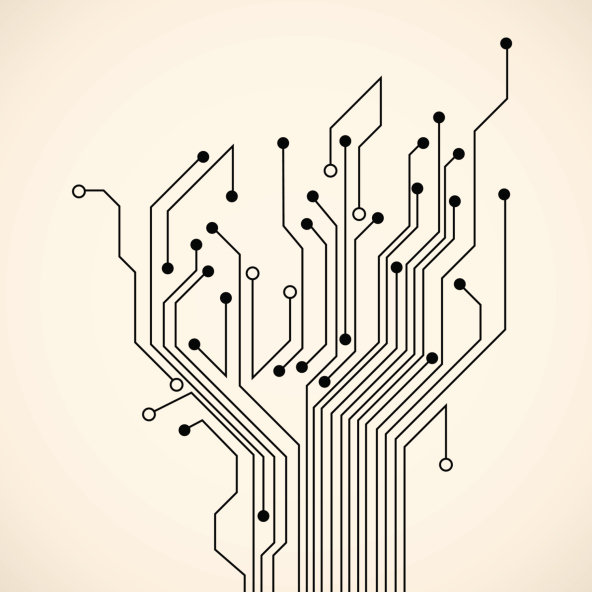
Faculty Member, Electrical Engineering at American Public University
You may think that if you are not good at math, there is no way you can succeed in the field of engineering. It is true that an electrical engineering (EE) degree requires many math courses, but how much math do you really need to succeed as an engineer?
College algebra is really the foundation for engineering math courses. For the bachelor’s in EE, the highest level math course can be the differential equation course that comes on top of the calculus sequence. Courses generally reinforce and build on math skills learned in earlier courses.
The discrete math course is not part of this sequence and it is a standalone course needed for the part of the EE curriculum that deals with the design and analysis of digital circuits related to Boolean algebra. The calculus sequence ending with the differential equations course is needed for the design and analysis of analog circuits that are made from discrete components such as resistors, diodes, and transistors. The importance of mathematics in the EE program peaks at the design level when students need to design a somewhat complex electrical system.
At the design level, we use two types of mathematical modeling. For the first type we use the calculus sequence and differential equations to write the equations that govern the dynamic behavior such as the shaft rotation in a motor. Using these equations, we can design a controller that will regulate the speed of the motor shaft. This controller that will be built physically is a mathematical relationship on paper. For the second type we use discrete math and Boolean algebra to model the behavior of data traffic within the central processing unit (CPU) in the computer. We can write Boolean expressions using discrete math to control such trafficking. These expressions can then translate into physical devices.
Higher order math courses are taken at the graduate level to support advanced research in electrical engineering. For an undergraduate degree, you really do not need advanced math courses. With commitment and persistence, students can build the math skills they need to successfully earn an EE degree.
About the Author
Dr. Taan ElAli is a full professor of electrical engineering. He has a BS in Electrical Engineering from The Ohio State University, an MS degree in Systems Engineering from Wright State University, and an MS degree in Applied Mathematics and a PhD in Electrical Engineering from the University of Dayton. Dr. ElAli is an IEEE senior member, a Fulbright scholar and a CRC Press Featured Author.

Comments are closed.